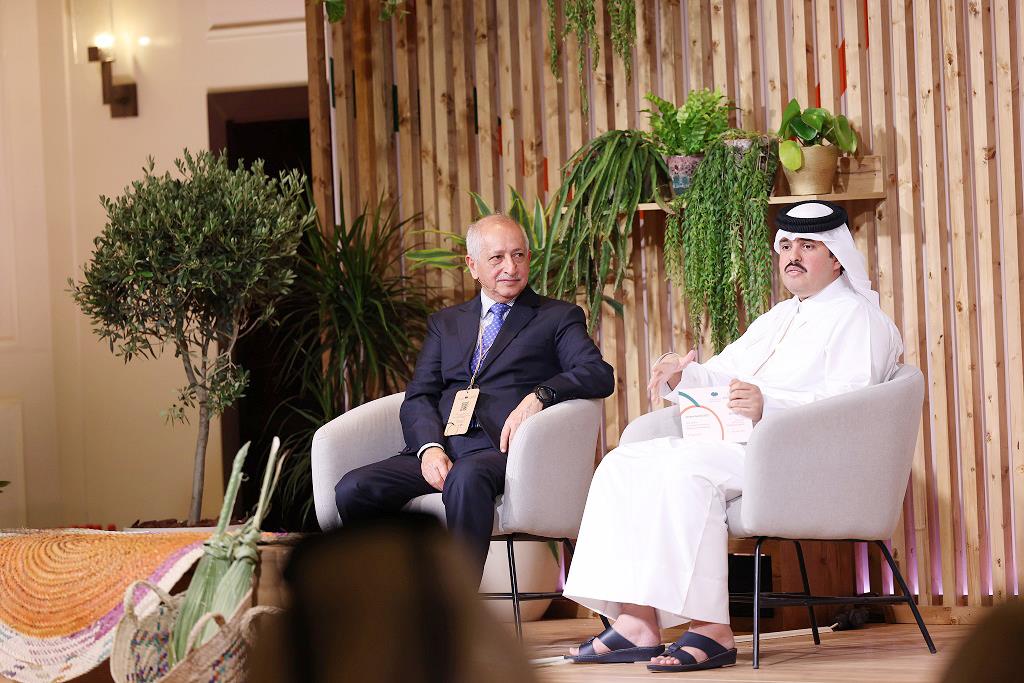(MENAFN- The Peninsula) The Peninsula
Doha: A panel discussion at the Earthna Summit 2023 shed light on Yemen's experience in sustainable development where Abdulrahman Al Eryani, former Minister of Water and Environment of Yemen, spoke about the challenges his country faced to achieve the goals of sustainability.
Read Also earthna village shows sustainable practices environmental activist makes qatar tree-planting call at qf's earthna summit 2023
During a fireside chat – part of a two-day conference hosted by Qatar Foundation's Earthna Center for a Sustainable Future – moderated by Habes Howail, External Relations Manager, CEO Office, Qatar Foundation (QF), Al Eryani said the critical challenges to sustainability are environmental changes that affect seasons - causing an increase in floods and torrential rains, or droughts during some seasons, and hurricanes that lead to coastal erosion and destruction of marine environment.
He pointed out that to achieve sustainable development, environmental patterns must be preserved, which are fragile systems in hot and dry areas which already pose an additional challenge.
“To achieve a balance between economic and environmental development, there must be a common vision between the political leadership, local community, the private sectors, which would make sustainable development more efficient and less expensive,” Al Eryani said.
“A positive experience from Yemen is from the island of Socotra where a sustainable lifestyle was followed by the people there to preserve and protect the environment. The island community realised the importance of following the path of sustainable development for any growth process that the island is going through, which contributed to achieving great results.”
Al Eryani addressed the issue of water security, saying:“There must be a national agreement that water is a common resource, and preserving it is the responsibility of all community members, and that providing water for humans and animals is a priority.”
During this talk, he stressed on the importance of native knowledge and local environmental habits which were formed and practiced over thousands of years as a main source for sustainable management.
“Our ancestors left us a sound environmental legacy, of which soil, water, vegetation and wild animals are part, and the most valuable part is the indigenous local knowledge that helped preserve the environment in the past, and that should form the basis of our knowledge today.
“This knowledge must be documented in a scientific way and then the basic principles must be extracted from it. And this can be taught to future generations so that it is not limited as oral information only.”




















Comments
No comment